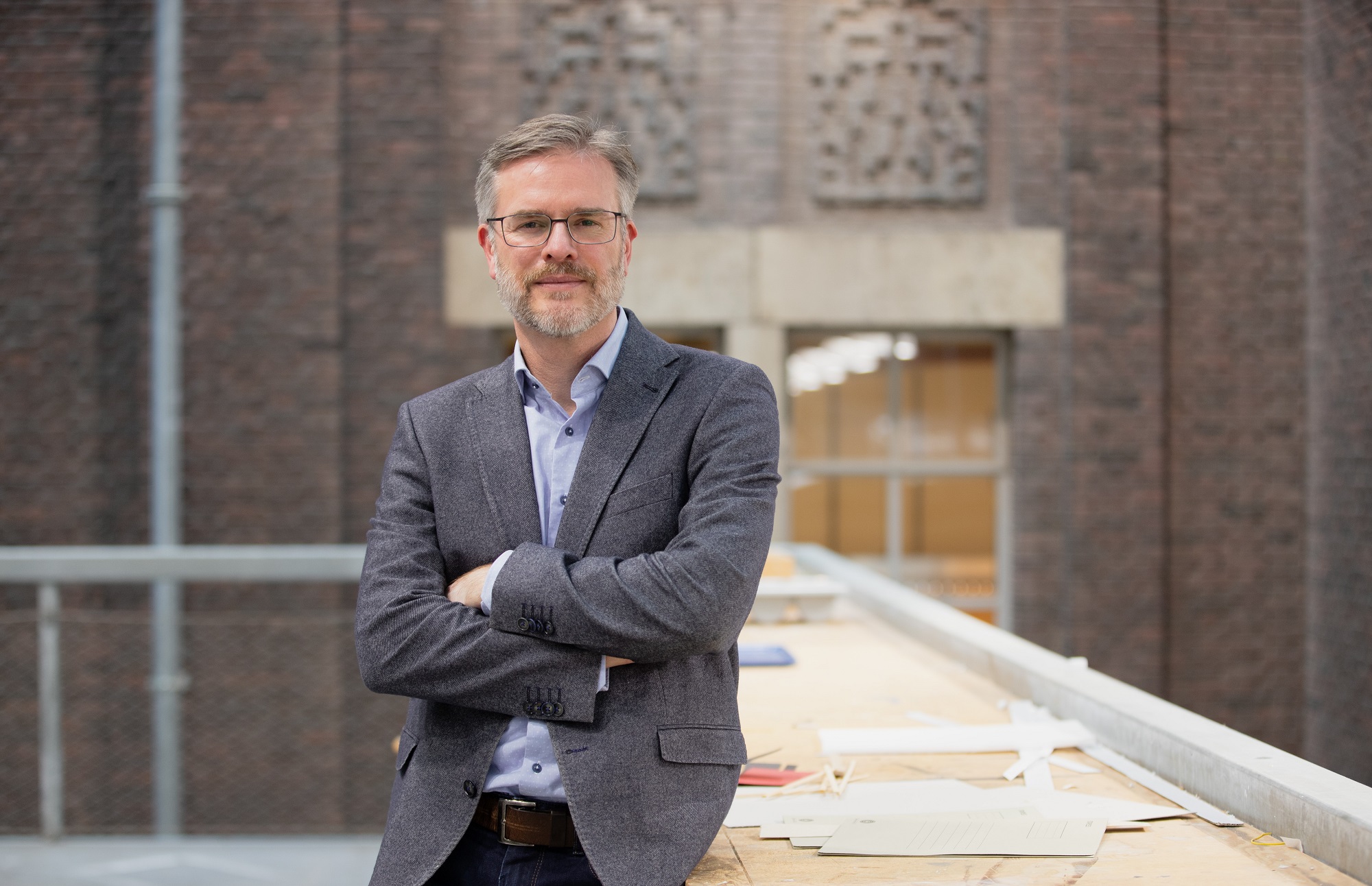The rising level of income inequality is evident in cities around the world, even right here in Delft says Professor Maarten van Ham.
Maarten van Ham: “We find a very consistent picture all around the world of increasing levels of segregation.” (Photo: Alyssa van Heyst)
“Many years ago, I did a book on socio-economic segregation in Europe and we invited people from 12 different cities in Europe to contribute a chapter on their city. That book got a huge amount of press attention at an international level, which really surprised us. The Guardian wrote an article about the book but interestingly the article was called ‘What is the most segregated city in the world?’. Because they had a worldwide audience, they changed the focus a bit. But then they encouraged us if we were ever going to do an update to go global, so that’s what we did.
We started to contact people from all over the world because we needed a lot of local teams in all of the cities we wanted to go for. We ended up with 24 cities to include. The main driver behind the book is that we wanted to better understand how increasing levels of income inequality play out in cities, where there is increasing spatial inequality, where the poor and rich are living separately.
The biggest challenge was that we wanted local teams who had the knowledge to write about the cities, but we also needed consistent data. It was important that the data was comparable, but that was problematic because even within Europe not every country offers access to research data. In this book we’re comparing Lima with Jakarta with New York with London and of course those are very diverse sets of countries. In some places there was hardly any data available and others had quite a lot.
‘People with higher income prefer to live with good access to the city centre’
From the studies, we find a very consistent picture all around the world of increasing levels of segregation. The rich and poor are indeed living more separate and in different neighbourhoods. But crucially, we also found that geographically within these cities the poor and the rich are actually separating into different parts of the cities. In the 1970s many city centres were fairly poor and the middle classes moved to the suburbs. But now we see the reverse happening where the higher income groups move to the city centre and poverty is suburbanised. That’s really important.
We found that the urban workforce is professionalising quite rapidly, with more high income and high educated positions. It’s mostly the behaviour of this highly educated, high income population that drives the increasing levels of segregation. You see that even in the Delft housing market. People with higher income prefer to live with good access to the city centre, schools, and the train station. Most people are not aware of it, but Delft is quite a poor city and the poverty is really concentrated in certain parts of Delft. It’s a compact city where people live very different ways of lives.
The first book was extremely expensive when it came out. If nobody buys it then nobody reads it. With the second book we wanted to reach a global audience so for us it was really important that it would be completely free. We worked with Springer and the book can now be downloaded for free. In addition to the book, we have developed a MOOC which explores the relationship between research on spatial inequality and segregation with ways that urban design can help to intervene and reduce levels of inequality. It’s a collaboration between social scientists, geographers, urban sociologists and urban designers. Because the book is freely available, students from all over the world can use it. The book has been downloaded 31,000 times in the first eight days which for a book of this type is really exceptional. It shows that the topic speaks for itself and a lot of people are interested.”
Want to be featured in Humans of TU Delft? Or do you know someone with a good story to tell? Send us an e-mail at humansoftudelft@gmail.com
Heather Montague / Freelance writer



Comments are closed.